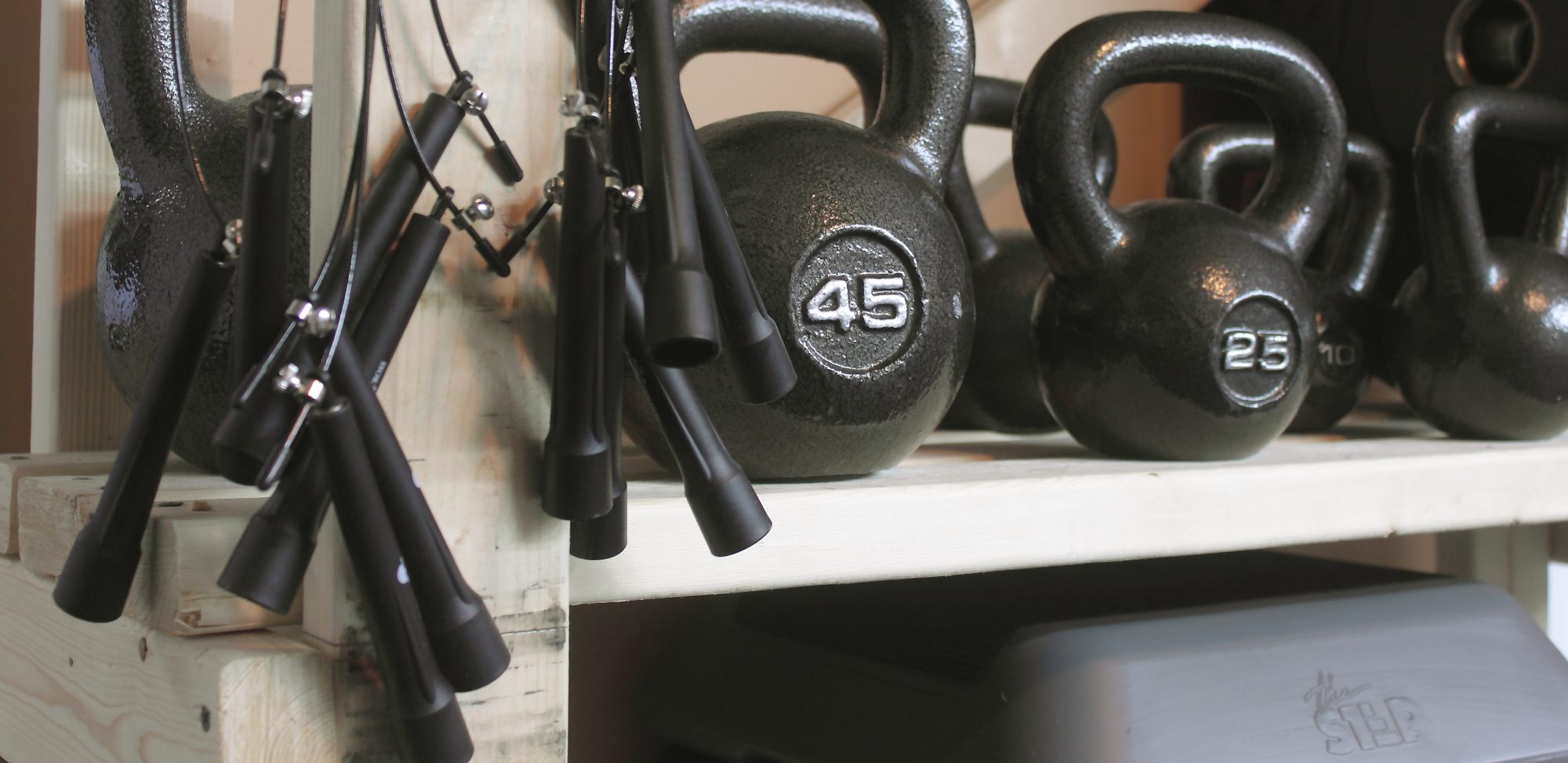
The Importance of Hydration
We all know that staying hydrated is important for our health. (Although it’s estimated that 50+% of the population doesn’t consume enough water.)
But how does being dehydrated affect your body from an athletic performance perspective? Considering the body is made up of 60% water, I’d say a lot. Exercise performance is affected if you’re dehydrated by as little as 2% body weight. Losses in excess of 5% can lead to a 30% reduction in work capacity. (That article also has some great details on how dehydration can affect endurance performance) That’s pretty significant.
The Benefits of Being Hydrated
Staying hydrated helps your body regulate its temperature, regulate blood pressure, bodily functions, etc… It also helps your body lift more weight when strength training. Just look at creatine monohydrate. It causes water retention that helps enhance recovery, build muscle, strength gains, and has neurological benefits.
Tips on Staying Hydrated
For those of you who can’t stand the taste of water and are struggling to drink enough. Other things you can do to up your water intake include:
- Add frozen fruit to your water to keep it cold and add flavor.
- Use a zero-calorie, zero-sugar sweetener to give it some flavor. (This isn’t something I’d personally do. But if this helps you drink more water or transition from soda to water, I’ll take it as a win.)
- Add some salt to your diet. Salt can help your body retain water and rehydrate quicker than water can on its own. This is why endurance athletes use hydration supplements when running or cycling. The supplement basically contains salt, some form of sweetener to cut the taste, potassium to help prevent cramps, and other vitamins to help with performance.
- Don’t overconsume water. Yes, you can actually dehydrate yourself by drinking too much water. Basically, you end up diluting the salts and electrolytes in your body.
- Set reminders on your phone to drink more water!
- Carry a Water Bottle. One of the biggest things that have helped me stay hydrated over the years is carrying a reusable water bottle with me everywhere I go. I carried a 32oz Nalgene bottle with me every day for the past 7 years. Recently I just upgraded to a 32oz Yeti bottle because:
- It’s easier to clean.
- It’s insolated and keeps my water cold in the summer.
- It’s made of metal and helps me cut back on microplastics.
- The lid has a 180° throw making it easier for me to access my water.
(Sorry didn’t mean to make this a water bottle review.)
How Much Water Should I Drink?
This is a tough question because there is a lot of conflicting information on the internet. I like to look at it from an individual approach. Your needs are going to vary depending on your size, activity level, the temperature if you’re sweating, and other variables.
Personally, as a baseline, I try to consume (2) glasses of water at each meal. I know that each glass holds 12oz of water. So each meal I’m consuming 24oz of water. This comes to 72-96oz of water a day from meals. (Not counting the water I drink throughout the day between meals.
Another way to gauge how hydrated you are is to look at your pee, yes your pee. If it’s clear/slightly yellow, you’re most likely hydrated. Yellowish, you may be slightly dehydrated. Orange, you’re most likely dehydrated. The exception to this is after taking vitamins or certain foods that affect the color of pee.
In conclusion
I hope this article was helpful. If you enjoyed it, please feel free to reach out to me and let me know what you thought of it. If enough people show interest in this type of content, I may end up posting more articles in the future. Be sure to follow us on Instagram @ApexFitness845 and consider joining my newsletter to stay up to date on the latest articles, news, and events.
– Michael LaManna
Train with us!
We offer Personal Training, Semi-Private Training, Online Personal Training & Online Programming!

